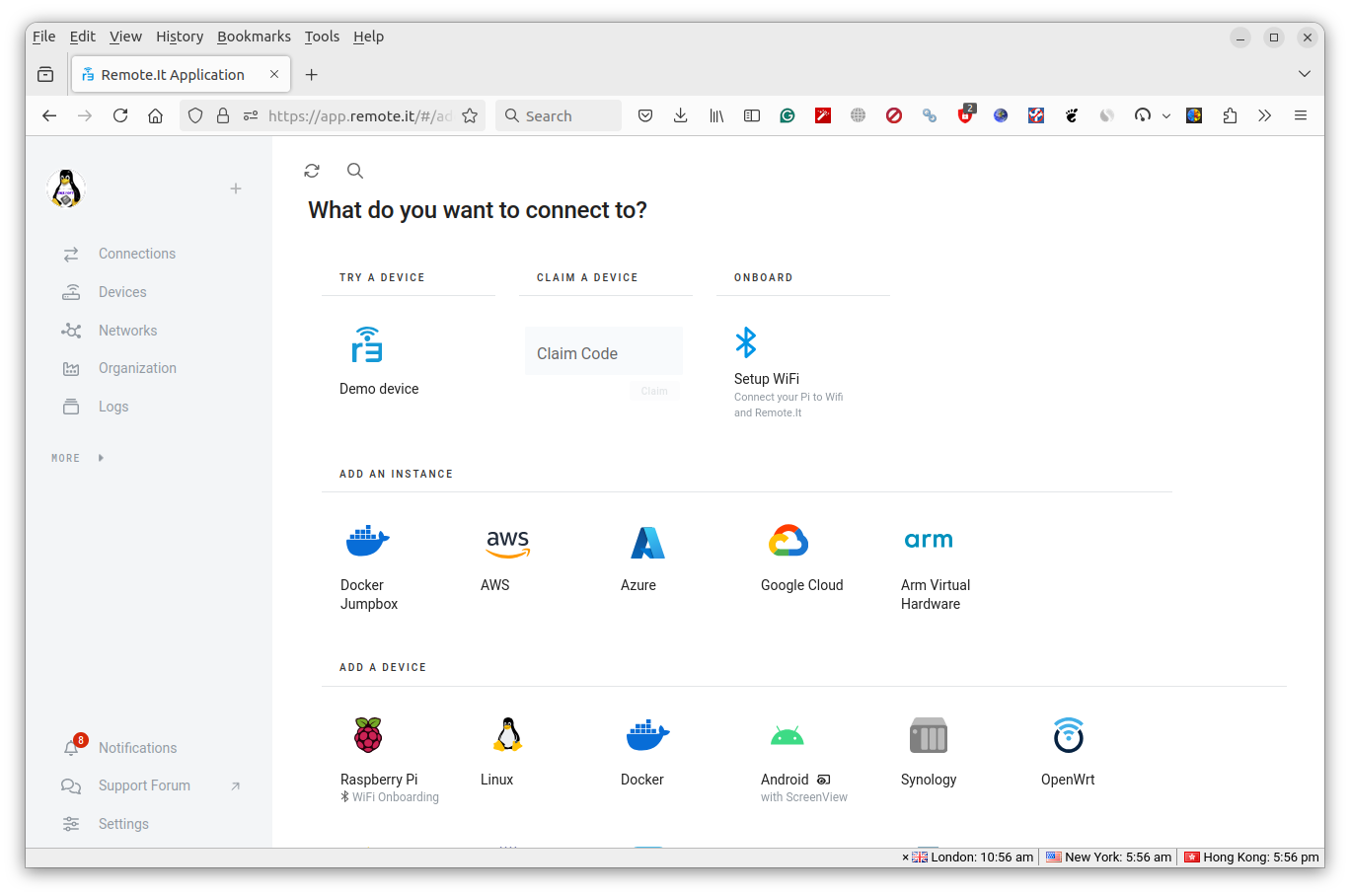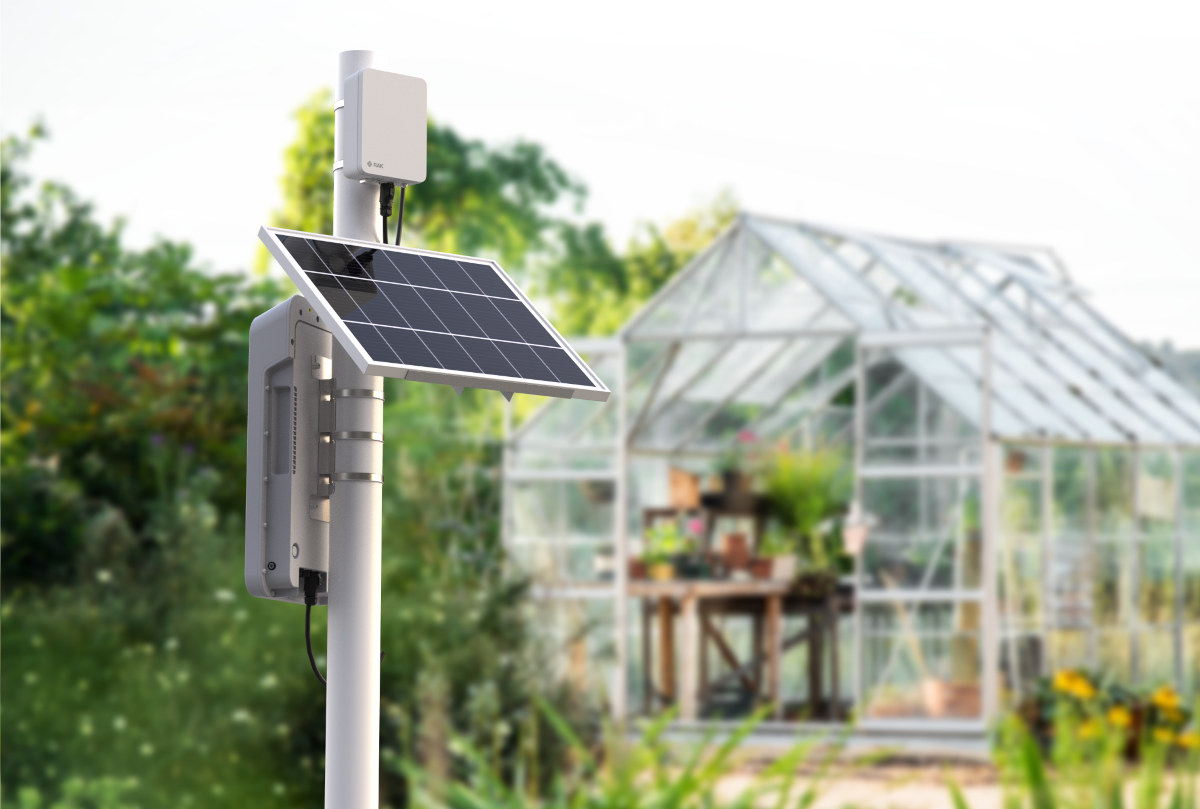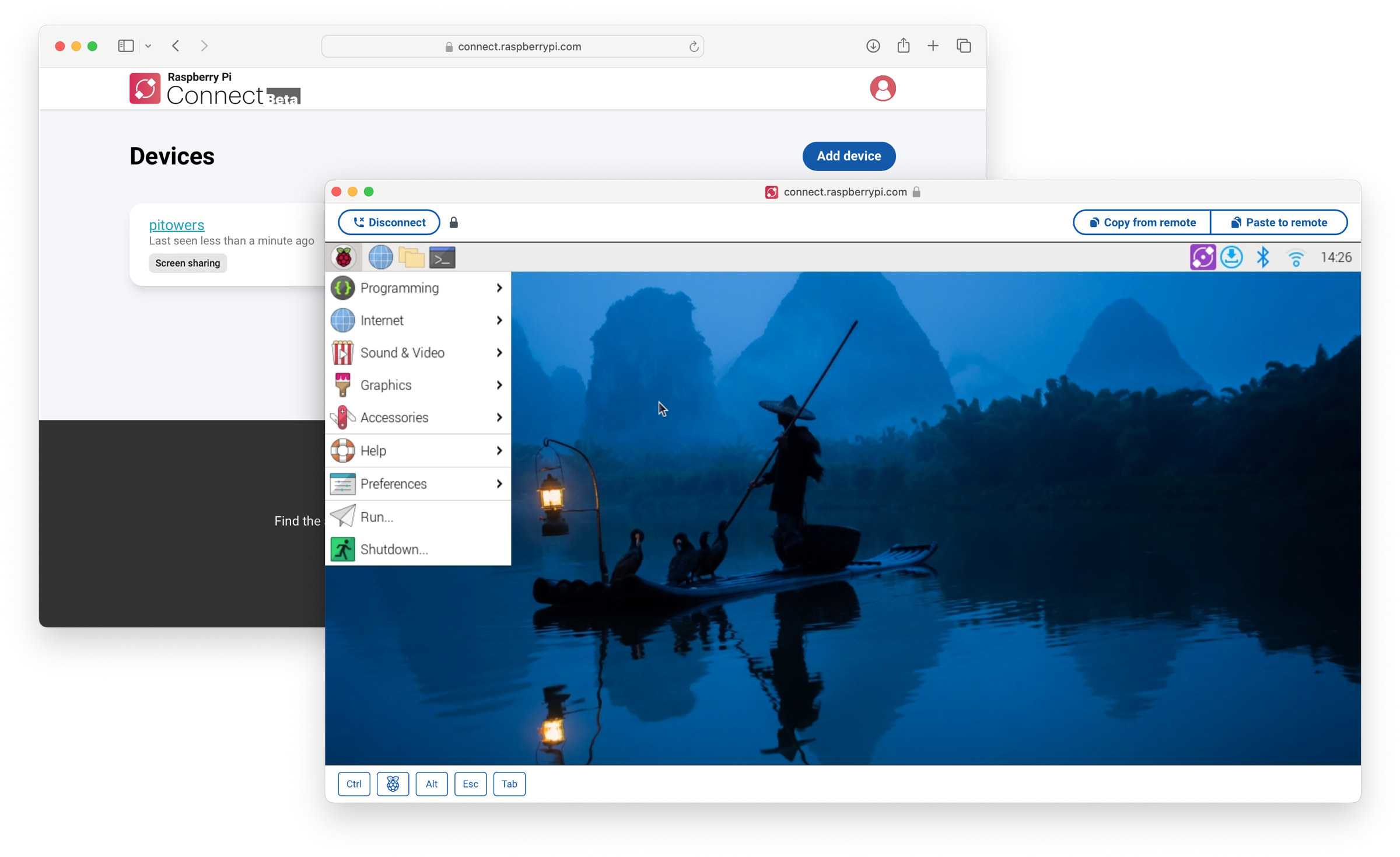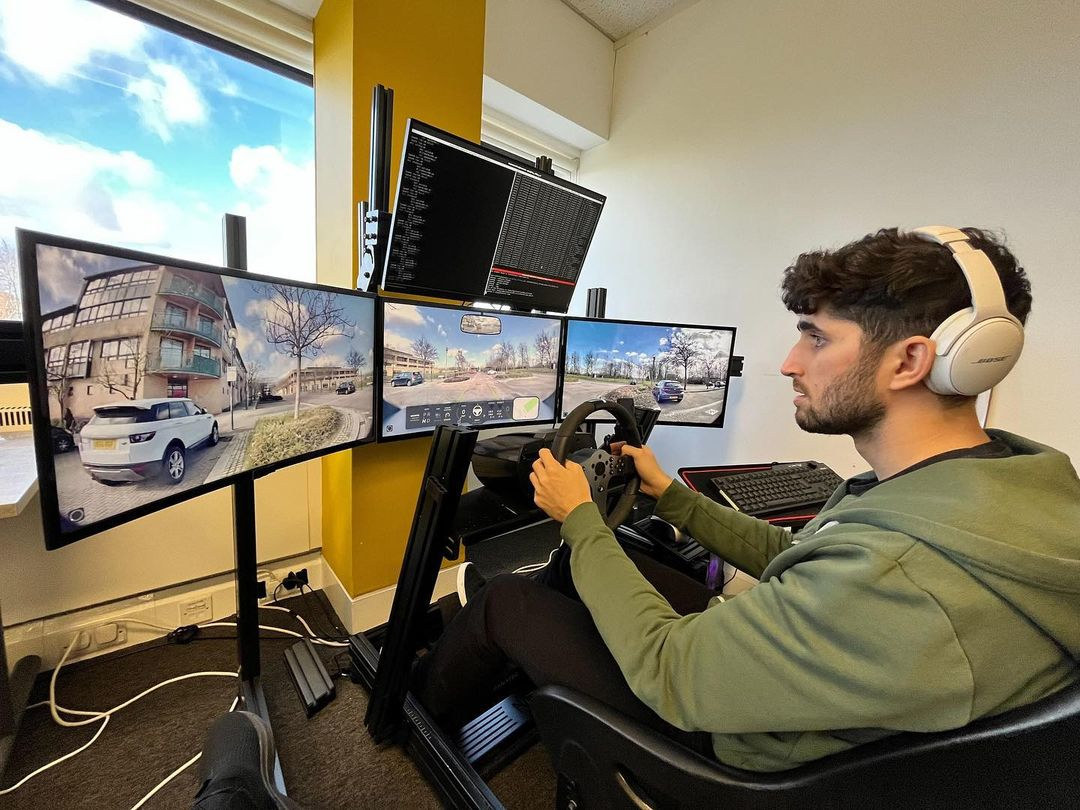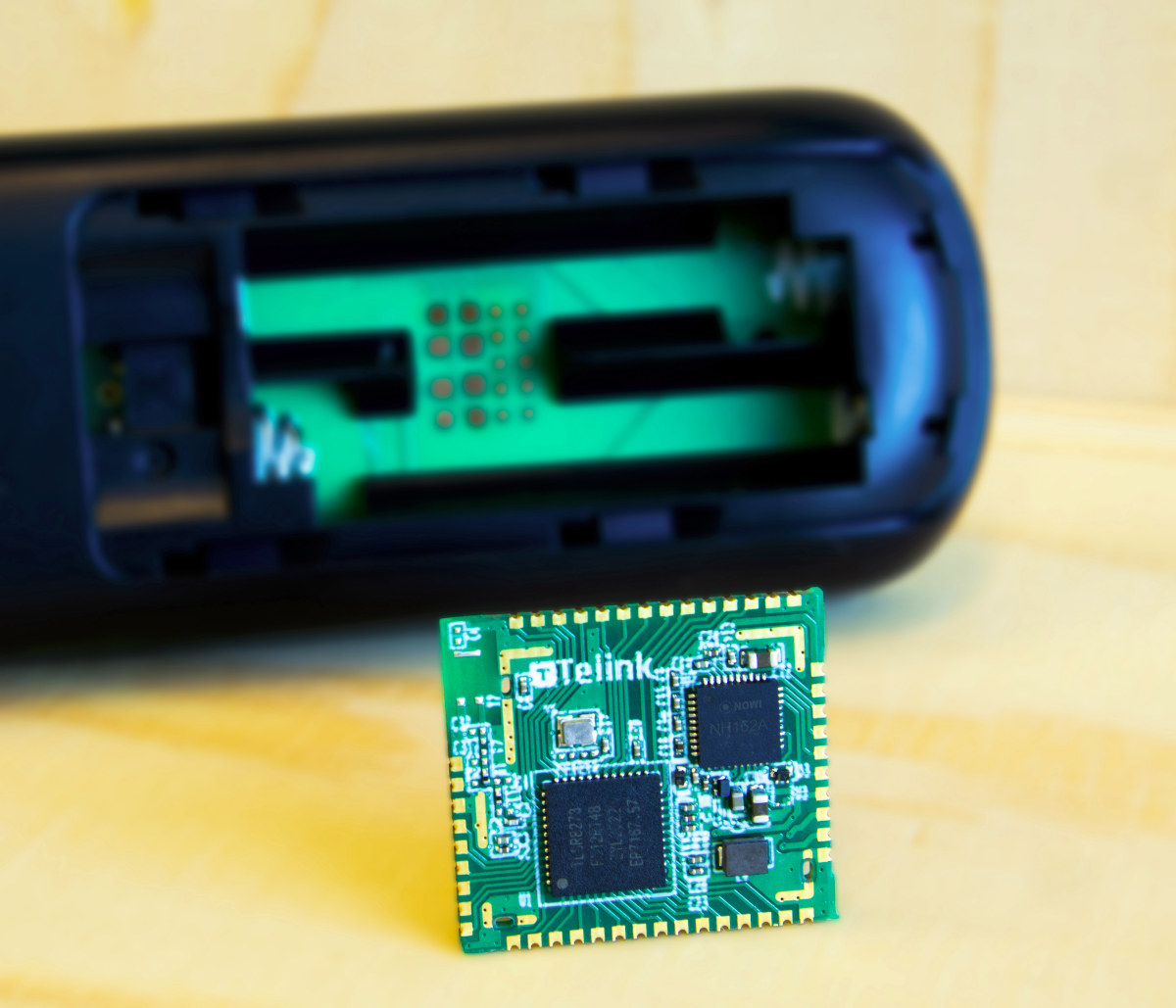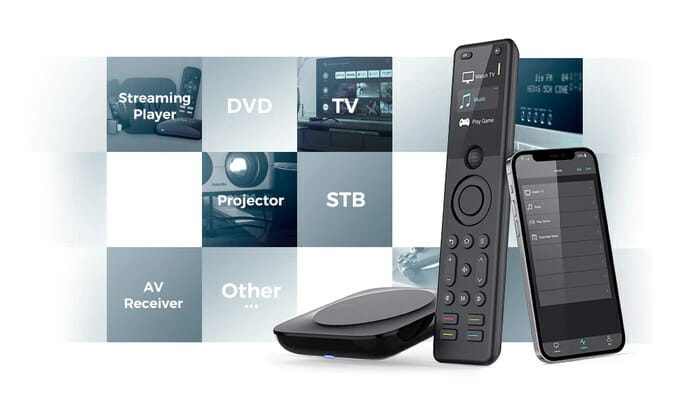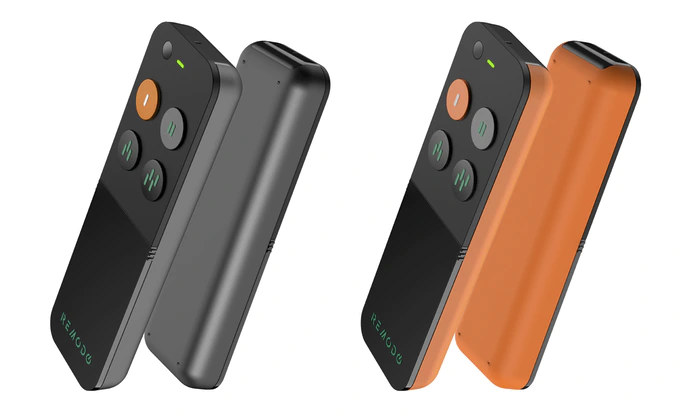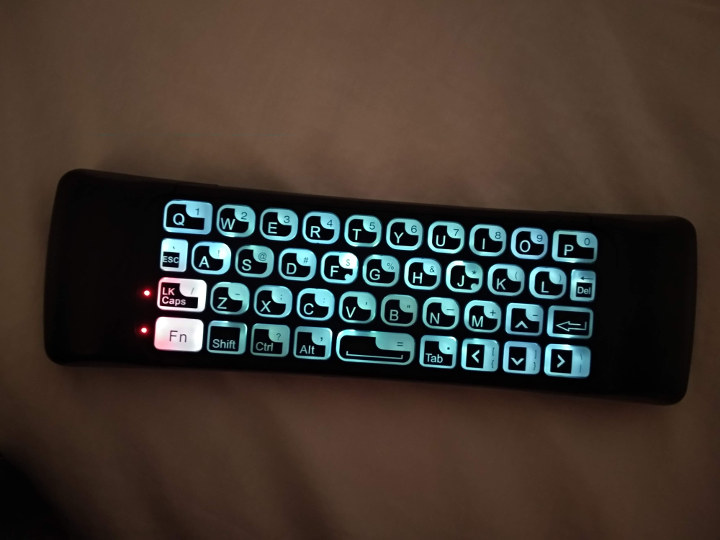Remote.It, a company providing remote access services, has released an open-source project to enable Raspberry Pi WiFi network configuration using Bluetooth (BLE), so users can easily configure WiFi on the board by simply using their smartphone. Configuring WiFi on a Raspberry Pi usually involves either: Manual configuration – The user connects a monitor and keyboard to the Raspberry Pi to configure the wireless network directly on the device. Pre-configured SD cards, NVMe SSDs, or USB drives – The WiFi ESSID and password can be set in Raspberry Pi USB imager, and the Raspberry Pi will automatically connect to the network at boot time. That’s quick, but less flexible since the credentials can’t be modified after deployment, and it only works when using a single wireless network. Remote.It offers a third option for WiFi provisioning using Bluetooth LE. The Raspberry Pi can run headless or fully enclosed into a product, and […]
WisGate Soho Pro RAK7267 LoRaWAN gateway supports LTE Cat 1 and WiFi 4 connectivity, solar battery kits
Designed for both indoor and outdoor deployments, RAKwireless’ WisGate Soho Pro RAK7267 is an 8-channel LoRaWAN gateway with LTE Cat 1 and WiFi 4 connectivity and support for 9V-36V DC input compatible with the company for solar battery kits. The LoRaWAN gateway is based on the MediaTek MT7628 MIPS processor with 256MB RAM and 32MB flash, runs a fork of OpenWrt with a dashboard for configuration, and integrates with WisDM cloud-based IoT management platform. WisGate Soho Pro RAK7267 specifications: SoC – MediaTek MT7628 MIPS processor at 580MHz System Memory – 256MB RAM Storage – 32MB NOR flash, microSD card socket LoRaWAN connectivity to sensors Semtech SX1303 LoRa Concentrator for up to 8 channels Frequencies 868 MHz – EU868/ IN865/ RU864 9150 MHz – US915/ AU915/ KR920/ AS923 Rx Sensitivity – At least -139 dBm Tx Power – Up to 27 dBm LoRaWAN v1.0.3 LoRa Frame filtering (node whitelisting) Buffering of […]
Raspberry Pi Connect software makes remote access to Raspberry Pi boards easier
Raspberry Pi Connect software, currently in beta, aims to make remote access to the Raspberry Pi boards even easier and more secure by using a web browser and minimal configuration needed. It’s been possible to access Raspberry Pi boards remotely through VNC forever, and the X protocol used to be an option before the switch to Wayland, but both can be somewhat hard to configure especially when wanting to access the machine on a different local network or from the internet. Raspberry Pi Connect aims to change that. Under the hood, we’re told the web browser and the Raspberry Pi device established a secure peer-to-peer connection with the same WebRTC communication technology found in programs such as Zoom, Google Meet, or Microsoft Teams. The Raspberry Pi runs the “rpi-connect” daemon that listens to screen-sharing requests from the Raspberry Pi Connect website and establishes a secure, low-latency VNC instance directly between […]
“Drive from Work” remote driving services are now a thing
I’ve been following autonomous cars’ progress for many years, but it’s taking longer to bring the technology to market than expected. So some companies are now offering “Drive from Work” services where they hire drivers that sit in an office to remotely drive passengers around. That seems insane, but that’s what Fetch does in the UK with their drivers remotely controlling cars from the head office using cellular network connectivity, 360-degree cameras, and a “workstation” with a steering wheel and pedals as well as four displays. It looks like a game, but this is real life… The service is now only offered in Milton Keynes, UK, and has been trialed for 18 months so far. This could pave the for cheaper drivers based overseas, but I suppose the lag is an issue as is the potential loss of connection, so the Hackaday article that informed us of this option also […]
Telink energy harvesting wireless module to enable batteryless remote controls
Telink TLSR8273-M-EH is a multi-protocol wireless connectivity module with energy harvesting capabilities implemented through Nowi’s PMIC, and designed for batteryless devices (or ones with “forever batteries”) such as TV remote controls, but also wearables, and electronic shelf labels among others. The solution is based on a 48MHz RISC microcontroller that supports Bluetooth 5.1 LE, 802.15.4 (Zigbee/RF4CE/6LoWPAN/Thread), and 2.4GHz proprietary protocols. With a single module integrating all main components required for batteryless operation, Telink says its solutions reduce BOM and size, as well as supply chain complexity, and improves user-friendliness by removing the need for battery swaps. Telink TLSR8273-M-EH specifications: Core – 32-bit RISC microcontroller @ up to 48 MHz (CoreMark 1.25/MHz) Memory – 64 KB SRAM with 32 KB retention Storage – 512 KB flash RF Bluetooth 5.1 LE up to 2 Mbps, with AOA/AOD support, Bluetooth Mesh IEEE 802.15.4 radio for Zigbee, RF4CE, 6LoWPAN, Thread 2.4GHz proprietary protocols RX […]
Sofabaton X1 – IR, WiFi & Bluetooth remote control supports over 500k devices (Crowdfunding)
The Sofabaton X1 remote control system aims to replace all your other remote controls in your house thanks to infrared, WiFi and Bluetooth connectivity implemented through the X1 Hub, plus an integrated 2-inch on the remote itself for configuration and device selection. The company claims that over 500,000 devices are supported including TVs, DVD & Blu-Ray players, set-top boxes, gaming consoles, etc…, and voice commands are also supported through Google Home and Amazon Alexa voice services. SofabatonX1 specifications: X1 Hub Connectivity 2.4 GHz 802.11b/g/n Wi-Fi 4 Bluetooth 5.0 LE & Bluetooth 3.0 Infrared – 10 kHz to 100 kHz Power Supply – 5V/2A via USB Type-C port Material – PMMA X1 Remote Connectivity – Not mentioned… Display – 2-inch display with clickable scroll wheel User input – D-Pad, Backlit volume, trick modes, 4x customizable buttons, etc… Battery – 1,050 mAh LiPo battery good for about 2 months on a charge […]
Remodo X is a Programmable Bluetooth & IR Remote Control for Raspberry Pi (Crowdfunding)
There are plenty of Bluetooth or RF remote controls on the market, but Remodo X is a little different. Mainly designed for the Raspberry Pi board, the compact Bluetooth & IR remote control comes with four buttons that can be programmed from a mobile app to launch program or trigger scripts for home automation, home entertainment, or any other function you may think of. Remodo X specifications: Connectivity Bluetooth LE up to 30 meters (line-of-sight) via Realtek BLE 4.2 Class 2 chip IR up to 10 meters User Input – 4x keys for 8 different actions using long or short presses Misc – Buzzer for “find me” function Power Supply – 2x AAA batteries Dimensions – 114 x 36 x 13 mm Weight – 37 grams The remote control can be programmed in the yet-to-be-released Remodo app for Android or iOS with any smartphone that comes with Bluetooth LE connectivity. […]
MINIX NEO W2 PC Remote Control Review in Windows 10 and Ubuntu 18.04
MINIX NEO W2 is sold as a Windows 10 remote control with one side acting as an actual remote with shortcuts to useful Windows functions and programs, another side as a keyboard, as well as a motion sensors to use it as an air mouse. I received it with MINIX NEO J50C-4 Windows 10 Pro mini PC, so I tested it today both with Windows 10, and Ubuntu 18.04. Batteries and Backlight I’ve already looked at the package and remote hardware in the NEO post linked above, so let’s get to it by first installing two AAA battery on either side of the keyboard side. A cool feature you’ll immediately noticed is that both sides of the remote control are actually backlight, with Fn and CapsLock key also changing color to red when they are enabled. The backlight is automatically turn off after 4 seconds, but as you can see […]


